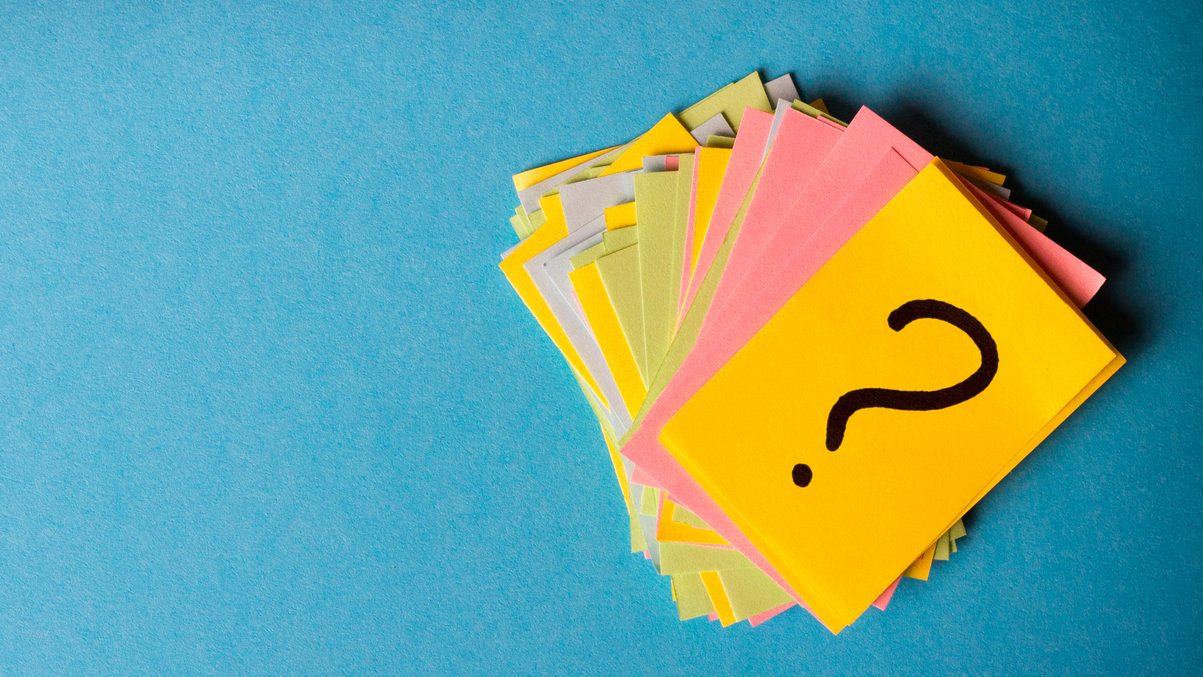Consumer Behaviour,Marketing
• 5 minute read
Uncertainty Can Be Fun and Motivating!

Research reveals how not knowing the reward can motivate us to repeat our behaviour
By Jaymee Ng, Principal Writer, China Business Knowledge @ CUHK
When you encounter the unknown, do you fear it and find ways to avert? Or, are you drawn to the unknown and wish to explore further? Unknown and uncertainty may seem undesirable at first. However, these conditions may also be intriguing as humans are all deeply curious creatures. A recent research study by The Chinese University of Hong Kong (CUHK) Business School reveals how marketers can capture the power of uncertainty and use it to reinforce purchases and enhance engagement.
Entitled “The Fun and Function of Uncertainty: Uncertain Incentives Reinforce Repetition Decisions”, the study was conducted by Luxi Shen, Assistant Professor of Marketing at CUHK Business School and her collaborators from the University of Chicago and Carnegie Mellon University. The study examines how uncertain incentive drives repetitive purchasing behaviours.
“We predict that compared with a certain incentive of the same expected value, the uncertain incentive will be more reinforcing,” says Prof. Shen.
She explains that customers are likely to choose uncertain rewards over certain rewards even when the uncertain incentive is financially worse than the certain incentive because they are promised a pleasant experience of unravelling the mystery. In other words, the journey of discovery is rewarding itself and therefore reinforcing.
The Study and Results
The team conducted four studies in total, including two field experiments and two lab experiments. In the first field experiment, 82 participants took part in a running event and were randomly assigned to either the certain-point condition or uncertain-point condition. The researchers predicted that running club members would complete more laps if they received an uncertain number of points for each lap than if they received a certain, larger number of points for each lap.
The results confirm that participants assigned to uncertain-point condition actually ran ‘the extra mile’ in comparison to those in the certain-point condition even though the uncertain incentive was financially worse.
The second study was designed to examine whether uncertain incentive will still be in effect without immediate resolution. This time, 100 participants were invited to participate in a calculation test with cash reward in three groups: certain-prize, uncertain-prize with resolution condition and uncertain-prize without resolution condition. All groups had a practice session in which they could get either one or two stars for each practice round they completed. Both certain- and uncertain-prize with resolution condition group were told about the number of stars that they would get immediately. However, the group of uncertain-prize without resolution could only find out after the entire preparation session.
The results show that the participants in the uncertain-prize without resolution group did the least practice rounds among the three groups.
“Marketers and policy makers can do more to take advantage of the benefits of uncertainty when strategizing for retention purposes, especially when they are under budgetary constraints.” – Prof. Luxi Shen
According to the study, the fact that the group of certain-prize condition took more rounds than the group of uncertain-prize without resolution suggest that people are averse to risks and smaller benefits and uncertain incentives do not have an overall advantage without timely resolution.
To further clarify the main driving force behind the uncertain effect, the researchers designed another study to find out whether customers made repetitive purchase simply because of the unknown or the different reward each time. In this experiment, participants were divided into three groups: certain-discount condition (i.e., the incentive was certain and constant), uncertain-discount condition (i.e., it was uncertain and different) and yoked condition (i.e., it was certain and different). Those in the certain-discount condition group would receive a 10-cent coupon for every purchase while those in the uncertain-discount condition would receive either 10 or 5 cents for every purchase. Yet in the yoked condition, the participants could see the different discounts and decide whether they wanted to make repetitive purchase.
And the results show that the uncertain-discount condition (i.e., uncertain and different)) made more purchase than those in the certain-discount condition (i.e., certain and constant) and the yoked condition (i.e., certain and different), suggesting that outcome uncertainty is the driving force for purchase repetition.
However, there are times when uncertainty reward may lose its effect, as revealed by the study.
“A reward reinforces a behavior only if the delivery of the reward immediately follows the occurrence of the behavior. An uncertain incentive without immediate resolution (i.e., staying in suspense while deciding whether to repeat the action) loses its uncertainty resolution utility, cannot offset the disadvantage of outcome acquisition utility, and hence is not as reinforcing as a certain incentive,” she says.
“Also, if resolution is yet to be experienced — for example, if, before engaging in an activity, one is asked to decide whether to engage in the task — uncertain incentives will not be more motivating than certain incentives of equal or higher expected values. After and while engaged in an activity, the individual has enjoyed the resolution experience and will find this experience rewarding.”
Implications
Prof. Shen noted that some companies are already taking advantage of incentive uncertainty in their marketing promotions.
“For example, WeChat Pay awards an uncertain cash bonus to a customer once she uses the software to make a purchase,” she says.
“However, marketers and policy makers can do more to take advantage of the benefits of uncertainty when strategizing for retention purposes, especially when they are under budgetary constraints,” she adds.
In social responsibility campaigns, marketers can also incentivize repeated actions by building in the uncertainty factor.
“For example, Starbucks in Hong Kong encourage drinkers to bring their own mugs for a small discount (e.g., Hk$3) off every beverage. We speculate that they would be more effective if the incentives were uncertain. Specifically, we predict that an uncertain rebate will lead to more frequent usage of cloth shopping bags, uncertain discount will lead to more frequent usage of personal mugs.”
However, Prof. Shen reminds marketers that the expected value of the uncertain incentive should still be close to the value of the certain incentive. If the expected value of the uncertain incentive is far worse than the certain incentive, customers may not be motivated. Furthermore, it is essential to control the worst possible outcome and make it still acceptable to customers to avoid provoking the sense of loss in them.


